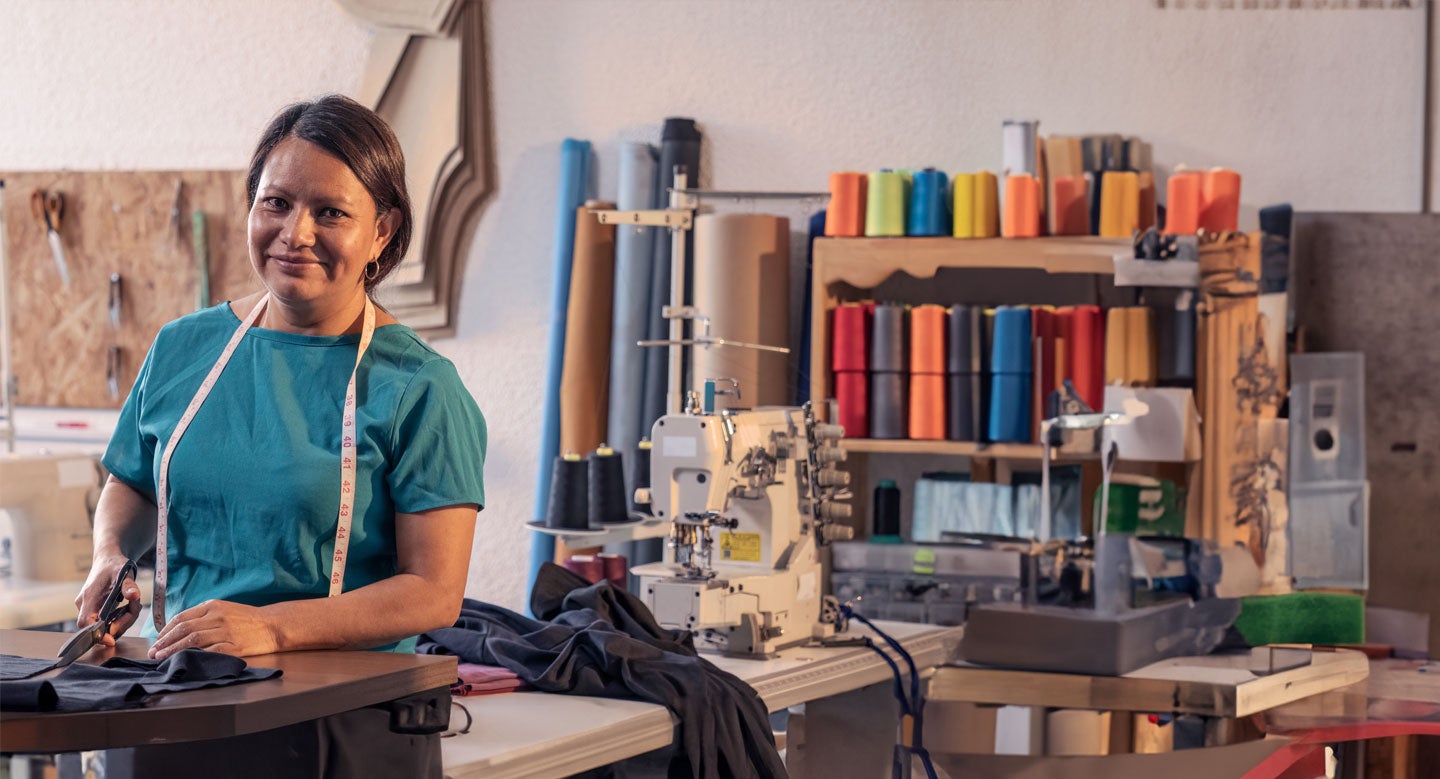Overview
Under the Sex Discrimination Act 1984 (Cth), organisations and businesses now have a positive duty to eliminate, as far as possible, the following unlawful behaviour from occurring:
- discrimination on the grounds of sex in a work context
- sexual harassment in connection with work
- sex-based harassment in connection with work
- conduct creating a workplace environment that is hostile on the grounds of sex
- related acts of victimisation.
The Commission refers to this conduct as ‘relevant unlawful conduct’.
The new positive duty was introduced in December 2022. It imposes a legal obligation on organisations and businesses to take proactive and meaningful action to prevent relevant unlawful conduct from occurring in the workplace or in connection to work. Taking preventative action will help to create safe, respectful and inclusive workplaces.
This important change requires organisations and businesses to shift their focus to actively preventing workplace sexual harassment, sex discrimination and other relevant unlawful conduct, rather than responding only after it occurs.
Regardless of their size or resources, all organisations and businesses in Australia that have obligations under the Sex Discrimination Act must meet the positive duty. This includes sole traders and the self-employed, small, medium and large businesses, and government.
The positive duty was a key recommendation of the Commission’s landmark Respect@Work: Sexual Harassment National Inquiry Report (2020), led by former Sex Discrimination Commissioner Kate Jenkins AO, published in March 2020.

Guidance materials
The Commission has developed practical guidance materials to help organisations and businesses to understand their responsibilities and the changes they may need to make to satisfy the positive duty. Access the Guidelines, Information Guide, Quick Guide, Resource for Small Business and appendices here.

Compliance and enforcement
The Commission has powers to inquire into and ensure compliance with the positive duty. You can tell us about any concerns you have about an organisation or business complying with the positive duty by completing our online Positive Duty Form here. You can also read the Compliance and Enforcement Policy.

Education
eLearning courses have been developed to help organisations and businesses understand their responsibilities, and the changes they may need to make.

Research
The Commission’s functions include research on issues related to the positive duty. You can find published research here, including research conducted by the Commission as well as in collaboration or partnership with other stakeholders.

Fact sheets and other resources
The Commission has developed a range of other resources with information regarding the positive duty, including posters, fact sheets, and case studies.
Animations
What is the positive duty?
The Australian Human Rights Commission has produced three short animations to promote understanding of the positive duty in the Sex Discrimination Act 1984 (Cth) and how it works. The animations cover:
- What is the positive duty?
- What is work-related sexual harassment?
- The role of organisations and businesses
- Your right to be safe and respected at work.
The purpose of these animations is to promote understanding about the positive duty in the Sex Discrimination Act. For a detailed explanation about the law, compliance, enforcement and examples of actions that organisations and businesses can take to satisfy the positive duty, please see the Guidelines for Complying with the Positive Duty (2023), Information Guide on the Positive Duty (2023) and A Quick Guide or Complying with the Positive Duty. The Commission has also translated some resources into 7 community languages and worked with the Council for Intellectual Disability to deliver some in Easy Read format. All are available on our website.
Positive duty and reporting
|
|
Watch videos in other languages
Watch our webinar series
Supporting safe, inclusive and respectful workplaces
Join a panel of experts for an in-depth exploration of the positive duty under the Sex Discrimination Act 1984 (Cth), the Commission's compliance and enforcement policy, and the focus on creating long-term and systemic change in the landscape of workplace sexual harassment and other unlawful behaviour.
Achieving Compliance with Positive Duty Laws in the Sex Discrimination Act
Watch our essential webinar on the new Respect@Work laws and positive duty Guidelines which give crucial first-hand insights for leadership roles in 2024. Following the Anti-Discrimination and Human Rights Legislation Amendment (Respect at Work) Act 2022 (Cth) and the Commission’s enhanced powers, it’s vital to understand these changes.

